 The Moodie Davitt Report is pleased to unveil a new series in which we examine travel retail and airport sector ‘disruptors’ – individuals and companies that are challenging established models through outstanding and sometimes risk-taking innovation.
The Moodie Davitt Report is pleased to unveil a new series in which we examine travel retail and airport sector ‘disruptors’ – individuals and companies that are challenging established models through outstanding and sometimes risk-taking innovation.
Never has the need for fresh thinking in travel retail been greater. Certainly it faces profound challenges from e-commerce, while having to adapt fast to a new communications era in which social & digital media has put the consumer in control to an unprecedented degree. But disruptors by nature are not defenders, they are progressives who seek opportunities in a changing world.
Forbes Magazine describes disruptors as those that are creating businesses, products and services that are better — less expensive and more creative, useful and impactful — and scalable.

In the first edition of our new series we examine DutyBuddy*, which its founder Cenk Akerson, a self-styled “rainmaker”, describes as a new business model that activates “blind spots” within the industry.
Its premise is beguilingly simple – to tap into the ‘shopping for others’ market, something Akerson describes as a “blue ocean” for travel retail.
“Shopping for others is a huge existing business today but no tool nor action has been put in place to serve this market,” he says..
The mobile application facilitates shopping for friends during international travel, in return for rewards. Its primary (though not exclusive) target is three key travelling nationalities – Chinese (48% of whom shop for others), Russians (27%) and Brazilians (41%). Akerson believes some US$2.3 billion in incremental sales can be generated by maximising the ‘shopping for others’ market.
In contrast with e-commerce retailers, DutyBuddy works with existing travel retailers rather than competing in any way, driving incremental customers and revenue to the channel. Retailers and brands can promote special offers, and passengers are able to tell others when and where they are travelling.
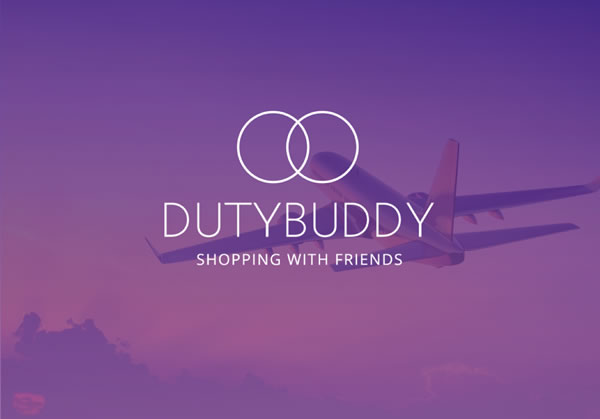
Akerson describes DutyBuddy as “The world’s very first social payment gateway which offers a perfect Retail Trinity”.
“We hope to move the travel retail industry into the digital age globally – to reveal a blue ocean to them and create global value to all who are involved.”
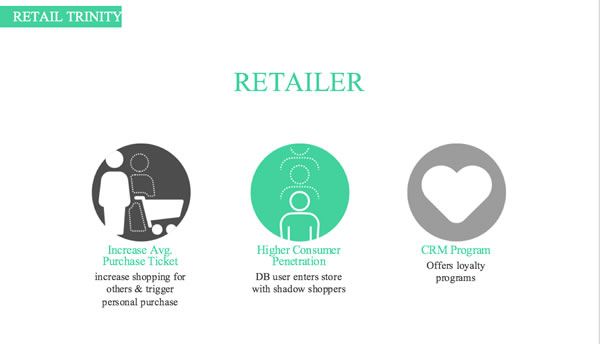
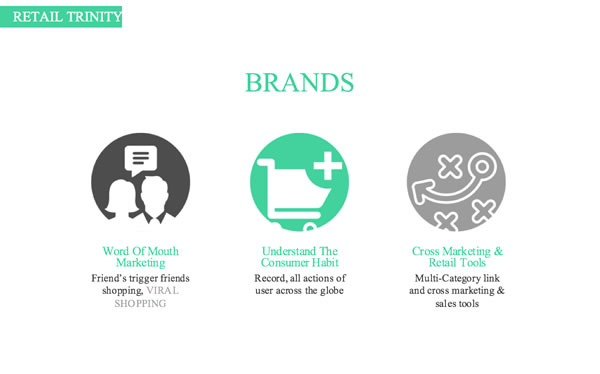
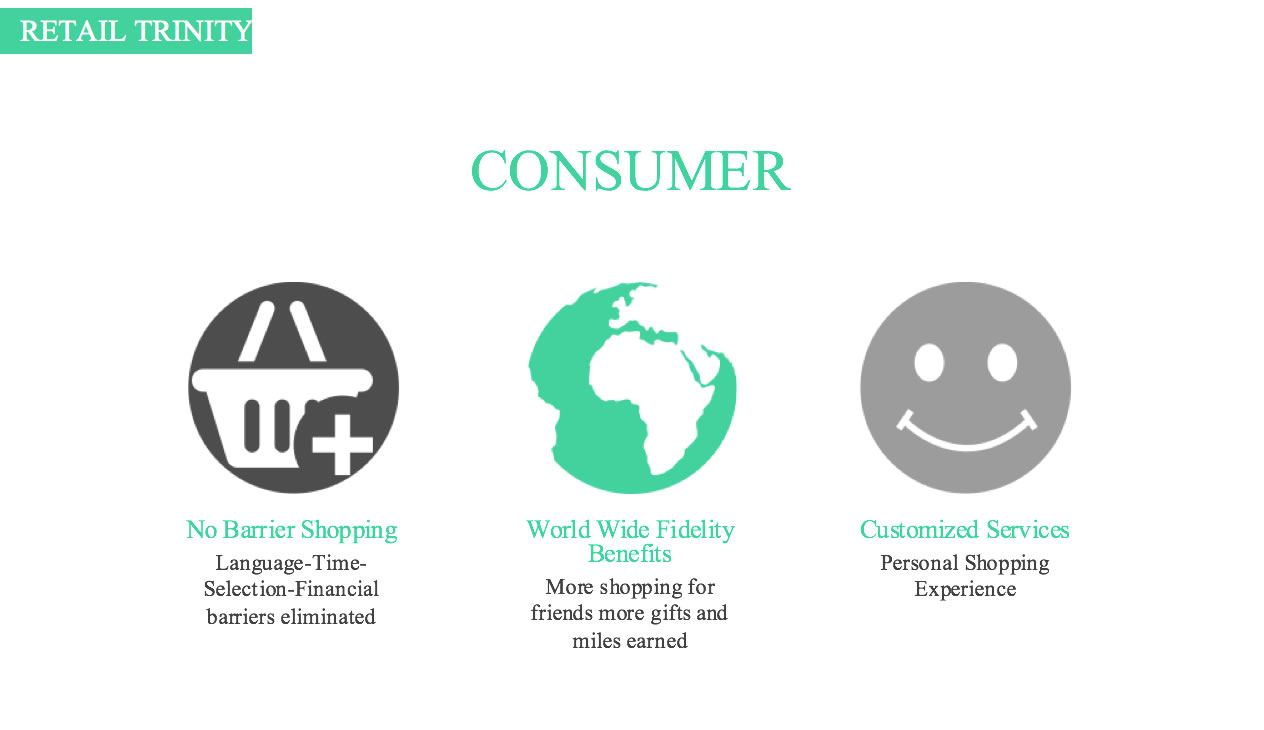
Q&A: CENK AKERSON ON DUTYBUDDY’S ROLL-OUT PLAN AND POTENTIAL
Firstly, tell us about your career background and how DutyBuddy came about?
I have had the chance to work with several industry leaders in different jobs. I first started my career in Siemens Business Services, then as communications consultant to a large local & international company’s CEO in Turkey.
The longest run I had was with L’Oréal, where I worked in various fields and markets for almost ten years, from local market marketing to international marketing. My final role was Area Manager for Lancôme covering over 20 countries in Europe-Africa & Middle East in the group’s Travel Retail division.
Who’s involved with the project?
DutyBuddy was already being developed by Mert Kurklu, who has a long experience in digital marketing and digital tools creation, and his team. We joined forces after I left my last corporate position.
We have also included on our counselling board some travel retail veterans, lawyers, entrepreneurs & IT engineers.
Tell us very simply how DutyBuddy works. For the consumer and for the retailer.
It is a simple social gateway, where we work directly with the database and cashier system of the retailers.
We make their catalogues on-line, and when people travel, their ‘buddies’ can see their destination and place their orders and pre-pay them.
We publish a QR code and when the buddy who is travelling goes to a particular shop, they simply show their QR code and the transaction is checked line by line. They pick up the ‘buddy order’ and bring it back home.
Why would people use DutyBuddy?
Shopping for others is an existing habit – our platform makes the habit easier, risk-free and creates a social experience all in one.
Consumer studies reveal that, depending on the nationality, between 25% and 48% of duty free shopping is done through orders from friends & family. However, there are barriers, such as finding the right product, and taking on the financial burden – we simply make this existing habit a social and risk-free experience.
How will you create and retain your audience?
Let me answer this with a question – ‘how did you download and start using some of the apps you use today?’
Usually through a friend’s or colleague’s recommendation.
Exactly. Our platform is connected to all popular social apps, where the users can share their transactions and experience on their personal social platforms.
We’ll use a variety of methods, including:
– On-line advertisements at popular travel sites, for example, Booking.com, C-Trip (for Chinese);
– Social media fan pages; sharing actions on Facebook and Ren-Ren (for Chinese);
– Using in-store advertisement spaces, and also push through Snap & Shop;
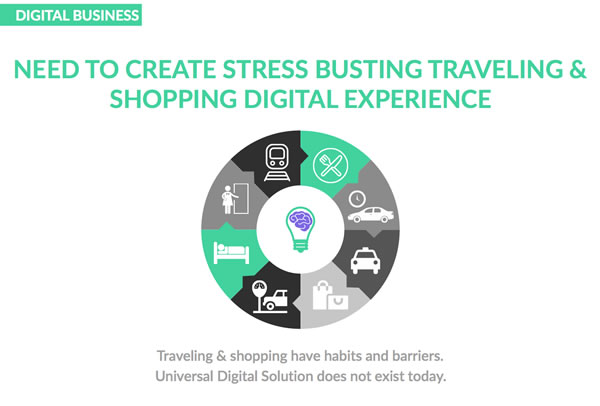
Are there potential grey market issues or legal doubts over ‘buying for others’? Isn’t duty free about ‘personal allowances’?
As I worked on the brand side for so many years, I know that this is a very touchy subject, so the answer is a categoric No! We are simply recognising and servicing a sector that already exists – i.e. people buying for others.
We have 100% control over the platform & we put a quota on items purchased, i.e. one traveller cannot carry more than three of the same product. We also have an anti-robot security system so that we block out any attempts. Also note that DutyBuddy works in line with all destinations’ customs rules, so that the shoppers cannot shop beyond their respective allowances.
What IT investment is needed by the retailer for integration?
In order for DutyBuddy & the retailer to establish communication, upload catalogues, prices, activate promotions and so on, the retailer is expected to have an existing e-commerce site where we can connect and exchange information.
If they don’t have such a system in place, we can create one for them at a highly competitive cost. It will pay for itself in incremental sales in very short time.
Can you make deliveries outside the store?
Yes, when the retailer has an existing home-delivery service we can. The specific order and payment flow details can be discussed on a client-by-client basis.
The system works exactly like any payment gateway such as a credit card or cash. We take the ‘buddies’ orders, and reserve the money on their side in our cloud. Then when the transaction occurs in the shop, we ask the items to be passed on the cashier line by line. If one item is missing then we reimburse the buddy who made the order, and wire the money to the retailer on the items they sold.
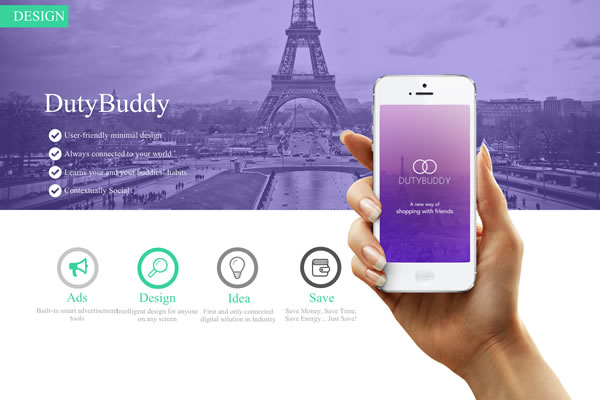
How does the store prepare the orders?
We inform stores ideally two days in advance of the confirmed orders. They can pre-pack orders and complete the transaction with a batch QR code; or the QR code is presented at the store. It shows all items in order list, and a floor sales person can collect the goods & scan them line by line at the cash point.
How will you charge the users & how do you pay the retailer?
We charge the user’s Credit Card directly. Upon line by line confirmation in the store, we send the money to the retailer. DutyBuddy acts as the payment gateway
“If the retailers have an existing e-commerce platform (as most of them do), we can integrate within three weeks. If they do not, we create the base foundation of an e-commerce site for them and complete the integration within eight weeks.”
How do you make money?
We have a nominal shopper service fee (some retailers prefer to cover this cost and we are happy to adopt that model). We also carry advertisements and offer data mining services for the industry

Q. Why shouldn’t a retailer simply do it themselves?
Travel shoppers, unlike downtown shoppers, don’t tend to recognise travel retailers’ names – e.g. Heinemann, Dufry, LS travel retail, DFS and so on. If each retailer launches their own app it complicates the traveller’s experience.
A universal solution is simpler for shoppers and more cost-efficient for retailers. And we take care of all the headaches for the retailer, making life easier for retailer and consumer.
What’s the industry reaction to date?
We have seen most of the big players & local operators’ management teams. So far everybody is very enthusiastic – we are pending agreements with several IT teams poised to complete. We have also agreed with some world-class brands and they are waiting for us to give live with retailers to animate their brands inside our platform.
How fast could a retailer integrate the system?
If the retailers have an existing e-commerce platform (as most of them do), we can integrate within three weeks. If they do not, we create the base foundation of an e-commerce site for them and complete the integration within eight weeks.
What makes you a disruptor?
We hope to move the travel retail industry into the digital age globally – to reveal a blue ocean to them and create global value to all who are involved.
Whereas most disruptors come to an existing industry and disrupt the existing players negatively – for example with Uber in the taxi market or Airbnb to the hotel sector –our model is to be a ‘Positive Disruptor’, in which we hope to create additional value for the existing players.
In fact, we can actually call ourselves “rainmakers” instead of disruptors. The term is defined by Wikipedia as follows:
“In business, a rainmaker is a person who brings in new business and wins new accounts almost by magic, since it is often not readily apparent how this new business activity is caused. It means generating substantial new business or additional cash flow from sources sometimes outside established business channels, sometimes by connecting with people in non-traditional or hidden markets, and sometimes by prompting current clients to spend more money.
“A rainmaker is usually a key figure in the business or organization, not merely a salesperson, but a principal or executive who is usually highly regarded within the enterprise.”
*CONTACT: www.DutyBuddy.com




